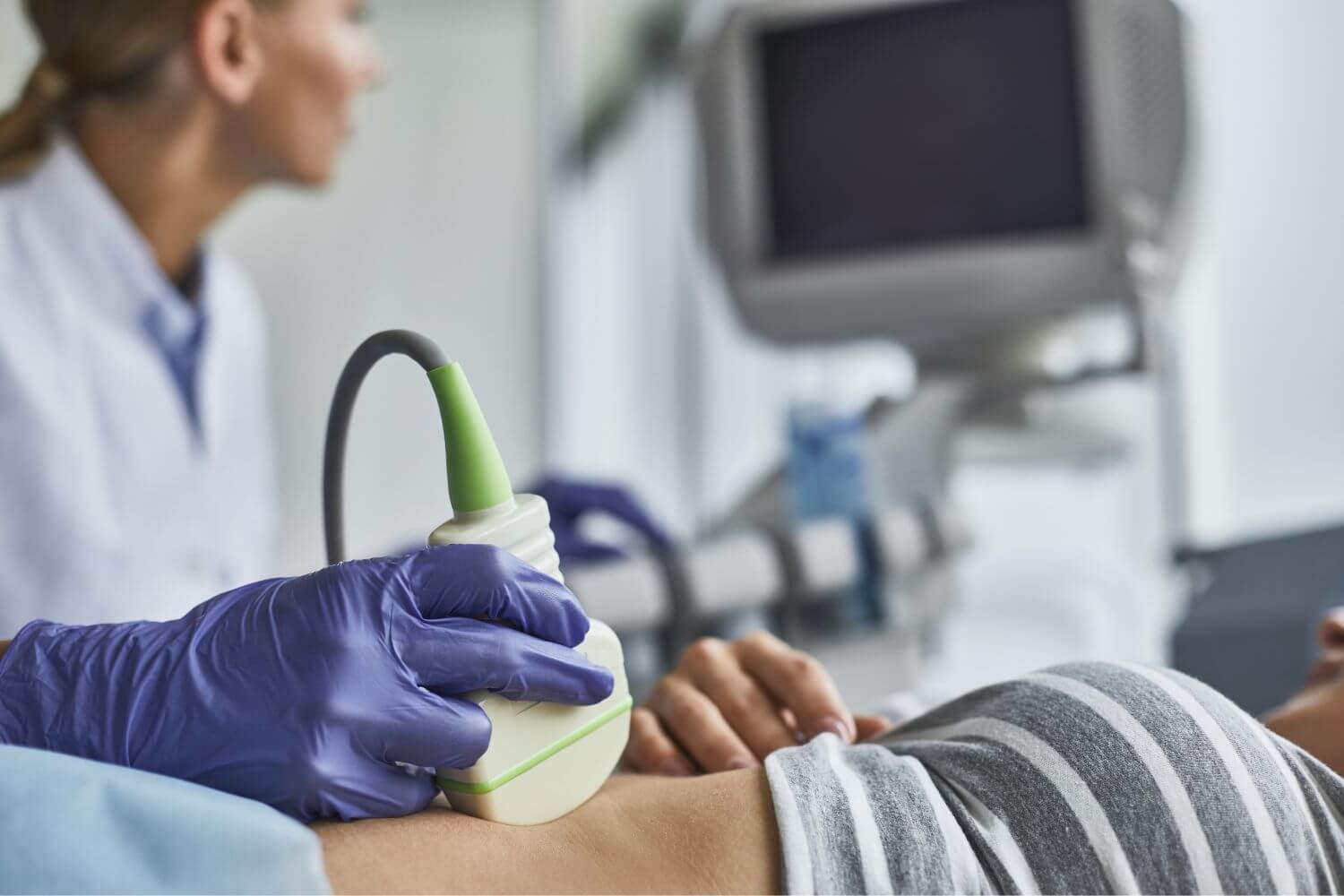A woman who has taken abortion pills needs to understand the severe side effects and risks that come with it. In this article, we will discuss what the abortion pill process is, some symptoms that are signs of a medical crisis, and steps you should take to ensure your own health and safety.
The Abortion Pill is a Two-Step Process
The two-step abortion pill process involves taking two different medications to terminate a pregnancy. The first pills are mifepristone. Mifepristone works by blocking the hormone progesterone, which is essential for maintaining pregnancy. A lack of progesterone often causes babies in the womb to pass away. Within 24 to 48 hours after taking mifepristone, the second medication, misoprostol, is taken. Misoprostol causes the uterus to contract, leading to the expulsion of the fetal remains.
Abortion Pill Reversal is an Option
It is important to note that if you have taken the first pill(s) in the abortion process (mifepristone) and have not yet taken misoprostol, there is a chance that you can reverse the abortion process. Abortion Pill Reversal is a protocol that involves providing progesterone supplements to a mother who has taken mifepristone, in hopes of replenishing the supply and preserving the life of the baby. You can learn more about the Abortion Pill Reversal process here.
If you have taken abortion pills, knowing the signs of potential complications is vital for prompt intervention. Severe abdominal pain, excessive bleeding (soaking through more than two maxi pads per hour for two consecutive hours), fever, and persistent nausea or vomiting are red flags that require immediate attention. If any of these symptoms occur, seeking emergency medical care is essential.
Be Honest With Medical Professionals
If symptoms are severe or if you are unable to reach a healthcare professional promptly, it’s crucial to go to the emergency room for post-abortion care. Emergency medical personnel are trained to handle urgent situations and can provide the necessary care. Be transparent about the abortion pill process and any medications taken to ensure accurate and efficient assistance. Be prepared to provide information about the abortion pills you’ve taken, your symptoms, and any other relevant medical history.
Prompt communication with medical professionals is essential for receiving appropriate care. Explain what pills you have taken, what the timeline of events are, and any other relevant information regarding your medical history. Gather up any packaging you have from pills and take that with you to the emergency room so that the medical professionals can look at it if they need to.
Having an abortion at home can be a scary process because of the potential complications and medical crises that can arise. Ultimately, it is important that you be honest with medical professionals about your situation and resist any advice that encourages you to lie to them. At the time of this article’s publication, women are not being prosecuted for attempting abortions at home – it is best to be honest with emergency medical personnel so that you can receive the proper care.




